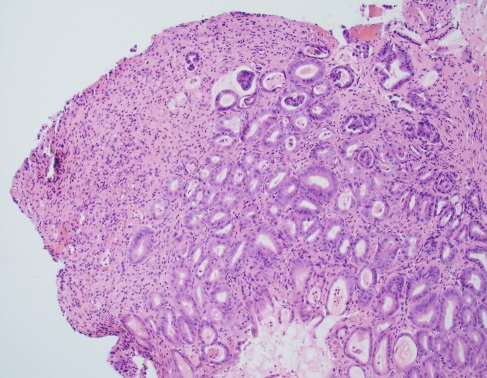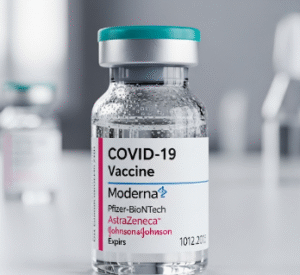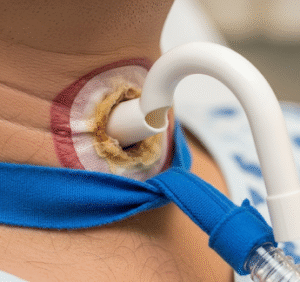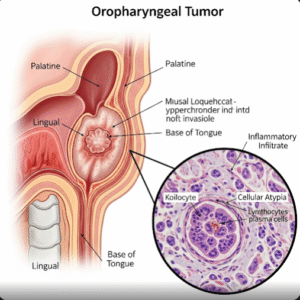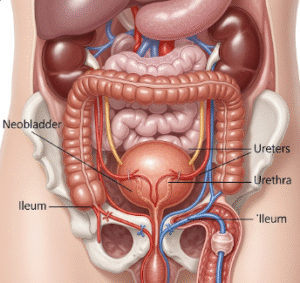Overview
Hemorrhagic gastritis is a severe inflammation of the stomach lining that leads to bleeding. It can result from infections, medications, alcohol use, or stress-related injury. In Korea, gastroenterology specialists provide advanced diagnostic techniques and treatment options to manage bleeding and prevent complications.
What is Hemorrhagic Gastritis?
Hemorrhagic gastritis occurs when the stomach lining becomes inflamed and eroded, causing blood to leak into the gastrointestinal tract. This condition can lead to symptoms ranging from mild discomfort to life-threatening bleeding, requiring timely medical attention.
Symptoms
- Vomiting blood (hematemesis)
- Black, tarry stools (melena)
- Abdominal pain or discomfort
- Nausea and vomiting
- Fatigue or weakness
- Dizziness due to blood loss
Causes
- Infection with Helicobacter pylori
- Prolonged use of NSAIDs (nonsteroidal anti-inflammatory drugs)
- Excessive alcohol consumption
- Severe stress or critical illness
- Gastroesophageal reflux or bile reflux
- Coagulation disorders
Risk Factors
- Chronic NSAID use
- Alcohol abuse
- History of peptic ulcers or gastritis
- Older age
- Chronic illnesses (liver disease, kidney disease)
- Smoking
Complications
- Severe blood loss leading to anemia
- Shock in cases of massive bleeding
- Increased risk of gastric ulcers
- Infection or perforation of the stomach lining
- Hospitalization and intensive care in severe cases
Prevention
- Limit NSAID and alcohol use
- Treat H. pylori infections promptly
- Manage stress and avoid smoking
- Regular check-ups for patients with chronic gastritis or ulcers
- Diet adjustments to avoid irritant foods
Treatment Options in Korea
Diagnosis
- Endoscopy to directly visualize the stomach lining and identify bleeding sites
- Blood tests to monitor hemoglobin and hematocrit
- Stool tests to detect gastrointestinal bleeding
- H. pylori testing to guide targeted treatment
- Imaging (CT scan) in severe or complicated cases
Medical & Interventional Treatments
- Proton pump inhibitors (PPIs) to reduce stomach acid
- H. pylori eradication therapy if infection is present
- Endoscopic hemostasis to control active bleeding
- Blood transfusions for severe anemia
- Surgery in rare cases of uncontrolled hemorrhage
Rehabilitation and Support
- Dietary modifications and avoidance of irritants
- Regular follow-up endoscopy to monitor healing
- Patient education on medication use and lifestyle adjustments
- Nutritional support to restore iron and hemoglobin levels

